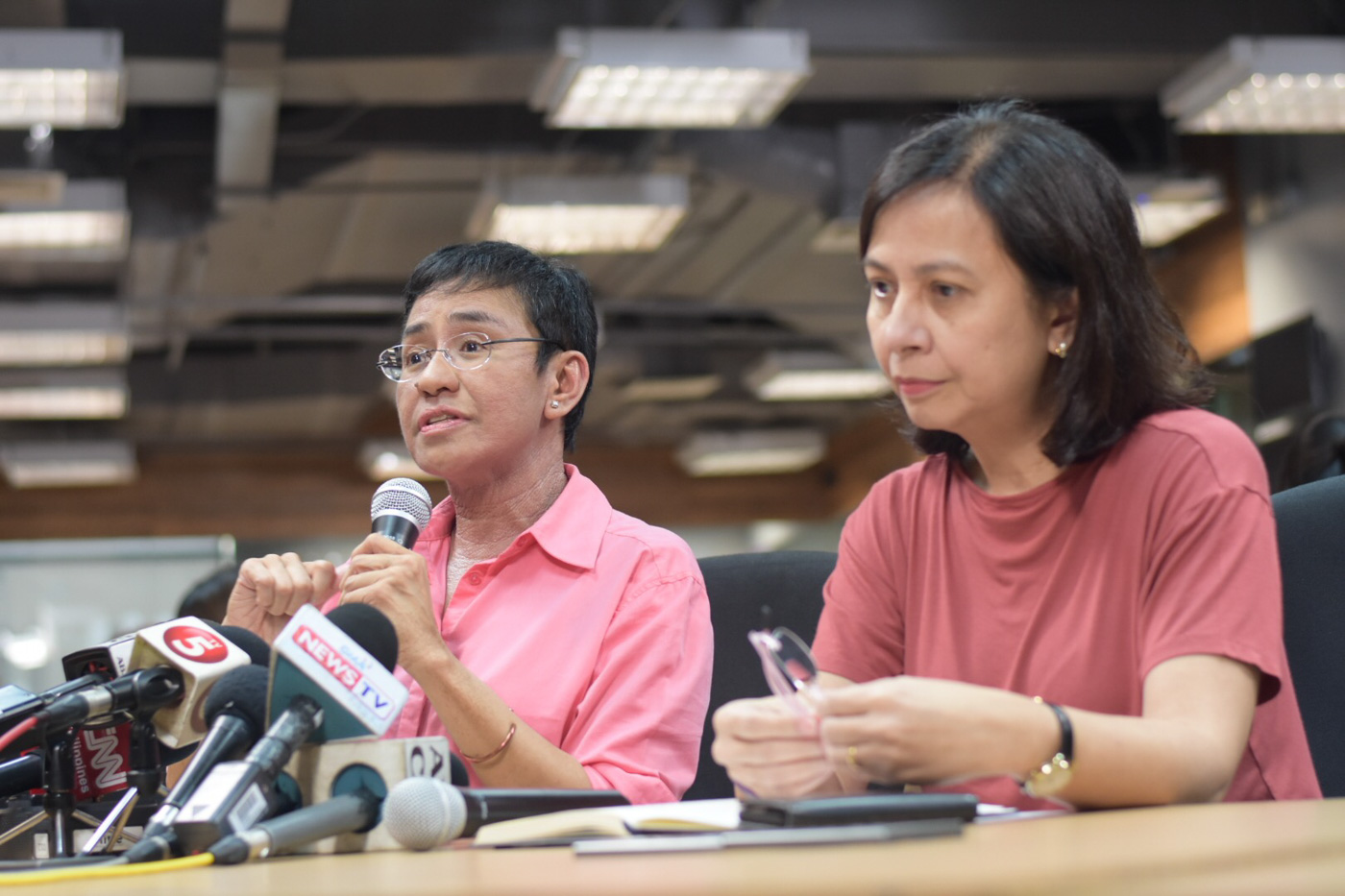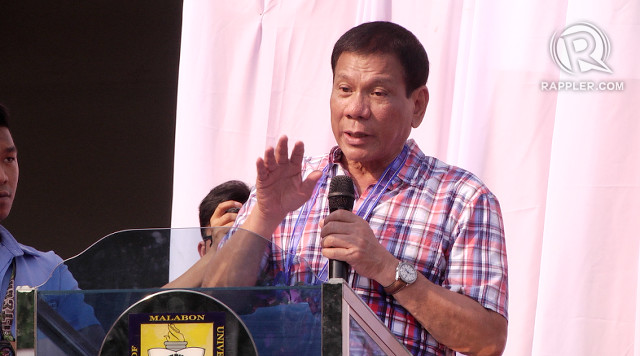![TRUMP ON GUNS. US President Donald Trump (R) speaks next to Senator John Cornyn, R-TX, during a meeting with bipartisan members of Congress on school and community safety in the Cabinet Room of the White House on February 28, 2018 in Washington, DC.
Photo by Mandel Ngan/AFP]()
PARKLAND, USA – President Donald Trump surprised lawmakers by embracing gun control measures that are tougher than usually supported by his party, as students returned to the site of America's latest horrific school shooting.
"We have to do something about it. We have to act," Trump said, voicing support for expanded background checks, more secure schools, curbs on the ability of the mentally ill to buy firearms and raising to 21 the age for buying certain guns.
"We can't wait and play games and nothing gets done," Trump said at a meeting with lawmakers from both parties.
At one point, he turned to a Republican senator and said: "You're afraid of the NRA," referring to the National Rifle Association, the premier and powerful US gun lobby.
"He surprised me," Democratic Senator Chris Murphy later told AFP. "He committed very forcefully and very clearly to comprehensive background checks, raising the age on purchase of assault weapons, and protective orders."
With tears, fears and defiance, students also made an emotional return on Wednesday, February 28, to their Florida high school where a former classmate went on a shooting rampage two weeks ago, killing 17 people.
Students at Marjory Stoneman Douglas High School in Parkland were greeted by heavy security and scores of well-wishers as they returned to classes.
Dozens of police officers lined the sidewalks saying "Good morning" to each child and retired officers passed out flowers. Former students, neighbors and their children held banners reading "We Love You," "You've Got This" and "We Are With You."
"It's all a little overwhelming," said one 17-year-old student named William, who shared a classroom with two of the young victims, Nicholas Dworet and Meadow Pollack.
"It was just sad to go back there and not have my friends who were in the class with me anymore."
Likewise, for Kimberly Miller, the first day back meant confronting the absence of her geography teacher, 35-year-old Scott Beigel.
Beigel was one of 3 staff killed, along with 14 teenagers, when former student Nikolas Cruz entered the school on Valentine's Day and opened fire with a semi-automatic rifle.
"It's pretty upsetting," said the 14-year-old Miller. "But it was also refreshing to talk to everyone because people don't really understand how it feels, no matter how much they try to understand."
While there were few open displays of grief, many students looked somber, speaking in hushed tones with their eyes downcast.
Jonathan Abramchaev, 15, said it was "very emotional" to see his school again.
"Seeing all the flowers by the gate, that really hurt me," he told AFP. "Today we were just discussing and talking out our feelings."
'What happens when they go?'
Some said they felt reassured -- if a little unsettled -- by the heavy police presence.
"I'm not scared," said Stoneman Douglas junior Sean Cummings. "I feel like it's more protected than any other school at this point.
"But it's still weird to see everybody here and all these police officers," said the 16-year-old.
Others – like senior Carly Novell – said they were nervous to return.
"I'm really scared to go in," said Novell, who like many others wore a maroon T-shirt, the school colors.
Broward County school superintendent Robert Runcie said grief counselors were on hand for the day.
"We're going to provide as much support as we can," Runcie told CNN. "Students are excited. As a family, they're going to pull through it."
A 15-year-old named Alan said the shooting left him fearful – even with his school under close watch by police.
"What happens when they go? In a couple of days or weeks when it gets back to normal? It may happen again," he said.
'We have to act'
Since the shooting, Stoneman Douglas students have been lobbying politicians for stricter gun controls both in their home state of Florida and in Washington.
Republican lawmakers, with majorities in the US Congress and the Florida state legislature, have been cool on bringing in major reforms on the sales of firearms.
But Trump upped the pressure on lawmakers to get to work, hosting the bipartisan meeting at the White House where he raised eyebrows with his tough stance.
'Last father of a murdered kid'
Pressure is also growing on businesses.
On Wednesday, Dick's Sporting Goods, a large chain store, announced it would immediately stop selling assault-style rifles and would not sell guns to anyone under the age of 21.
Dick's CEO Edward Stack said Cruz had purchased a shotgun at one of his stores in November and although it wasn't the gun used in the shooting, the chain would no longer sell semi-automatic weapons.
"Our view was if the kids can be brave enough to organize like this, we can be brave enough to take them out of here," Stack said.
Andrew Pollack – the father of 18-year-old victim Meadow, accompanied by his therapy dog Sunny – said he was determined to be the "face of the last father of a murdered kid."
"We need to make it that every kid in America, when he goes into a classroom, he knows he's safe," he said. – Rappler.com
![]()



















